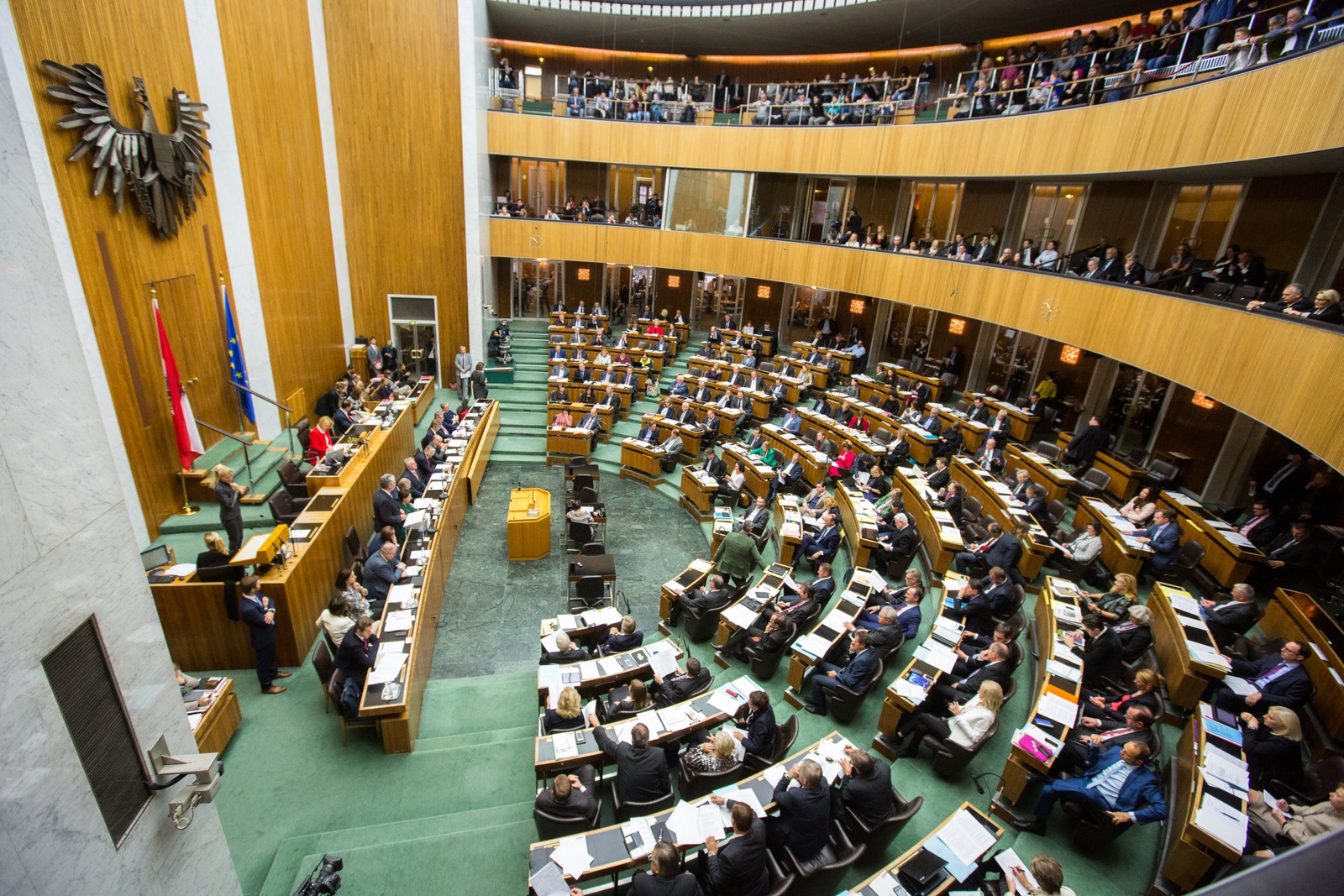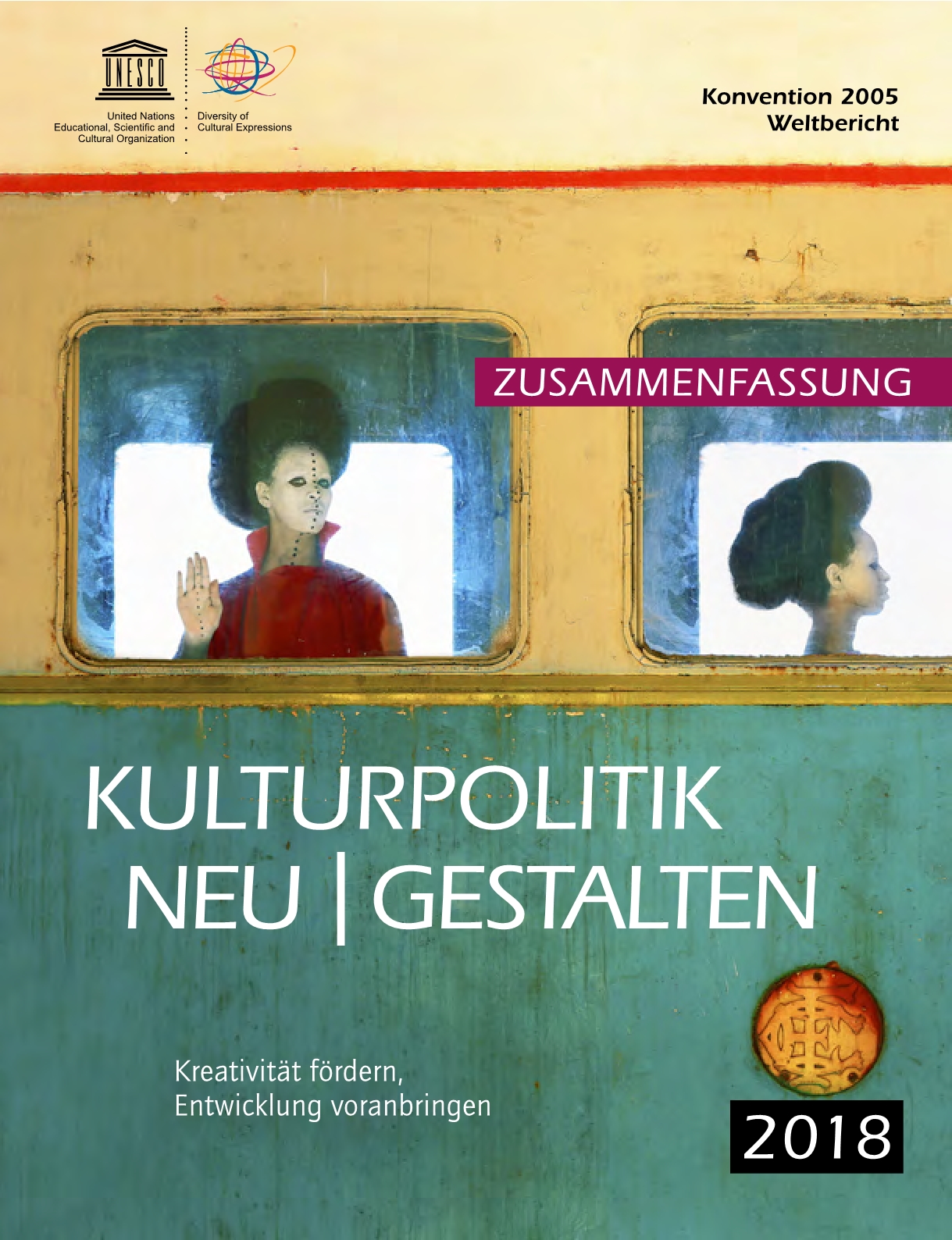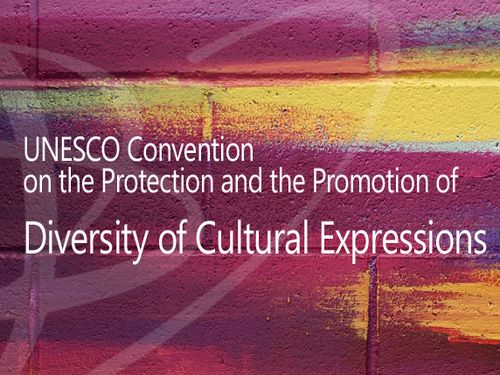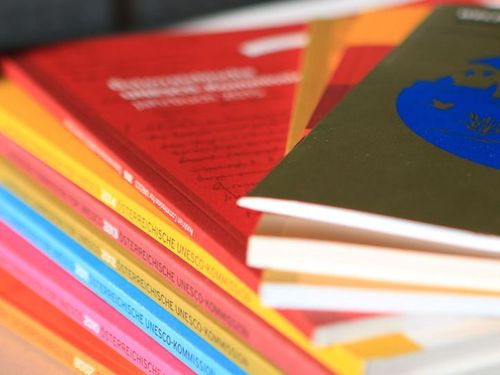
National scale
Austria joined the “UNESCO Convention for the Protection and Promotion of the Diversity of Cultural Expressions” on 18 December 2006. The provisions and objectives of the Convention are therefore obligatory for the country as a whole, its federal states and its municipalities, as well as for Austrian international cooperation.
For Austria, the Convention is not only binding according to international law, but it also produces legal effects on a domestic level. Existing domestic acts of law in particular should be interpreted in light of the Convention. Equally, future policies and measures must be compatible with the Convention.
A crucial part of implementating the Convention is therefore determining which cultural policy conditions and measures Austria deems necessary and effective in order to secure a favourable environment for diverse cultural expressions. In many issues of this matter, the first step is defending existing expressions from purely economic greed. However, it is also important to make necessary decisions to increase diversity in the long term when faced with societal changes.
The following bodies are in charge of implementing the Convention in Austria:
- the Federal Ministry of Arts, Culture, Civil Service and Sport (for domestic matters) and
- the Federal Ministry for European and International Affairs (for international matters).
In light of the cross-sectoral nature of culture, the Convention also touches on the domains of other ministries, such as copyright laws in the Ministry of Justice, tax conditions for artists in the Ministry of Finance or settlement and residency provisions in the Ministry of the Interior; plus the jurisdictions of the federal states and of the European Union (which also ratified the Convention).
As the national point of contact for matters pertaining to the Convention, the Austrian Commission for UNESCO supports the implementation process and takes on an advisory role for the federal government and state governments. In order to facilitate exchange and cooperation between the different parties affected, specialist committees on the Convention have been established at the ÖUK.
Every four years, Austria reports back to UNESCO by compiling a quadrennial periodic report. So far, Austria has submitted three reports: 2012, 2016 and 2020. These form the foundation for monitoring progress of implementation at a national and an international level. The next implementation report will be submitted to UNESCO in 2024.
International scale
The following UNESCO authorities are responsible for supporting and monitoring implementation at an international scale: the Conference of Parties, the Intergovernmental Committee and the Secretariat of the Convention. Their main responsibilities include:
- Promoting collaboration and exchange of information between the Contracting Parties
- Establishing guidelines for enforcing and implementing the Convention
- Evaluating and reviewing national implementation reports and identifying
- trends, challenges and actions required on the basis of these conclusions in order to ensure that the Convention remains relevant and forward-thinking even under changing conditions and to make decisions on the
- allocation of funds from the “International Fund for Cultural Diversity”, which supports projects for structurally reinforcing the culture and media industry in the countries of the Global South.
As a Party to the Convention, Austria actively contributes to the work of the Governing Bodies of the Convention. The fact that Austria has been elected to the Intergovernmental Committee three times (2007-2009, 2013-2017, 2019-2023) demonstrates its dedication to monitoring and developing the implementation of the Convention internationally as well.
Furthermore, Austria supports the Convention’s fund, the “International Fund for Cultural Diversity”, with regular contributions. The fund supports governmental and civic participants in countries of the Global South when implementing projects aiming at structurally reinforcing the culture and media industry.






